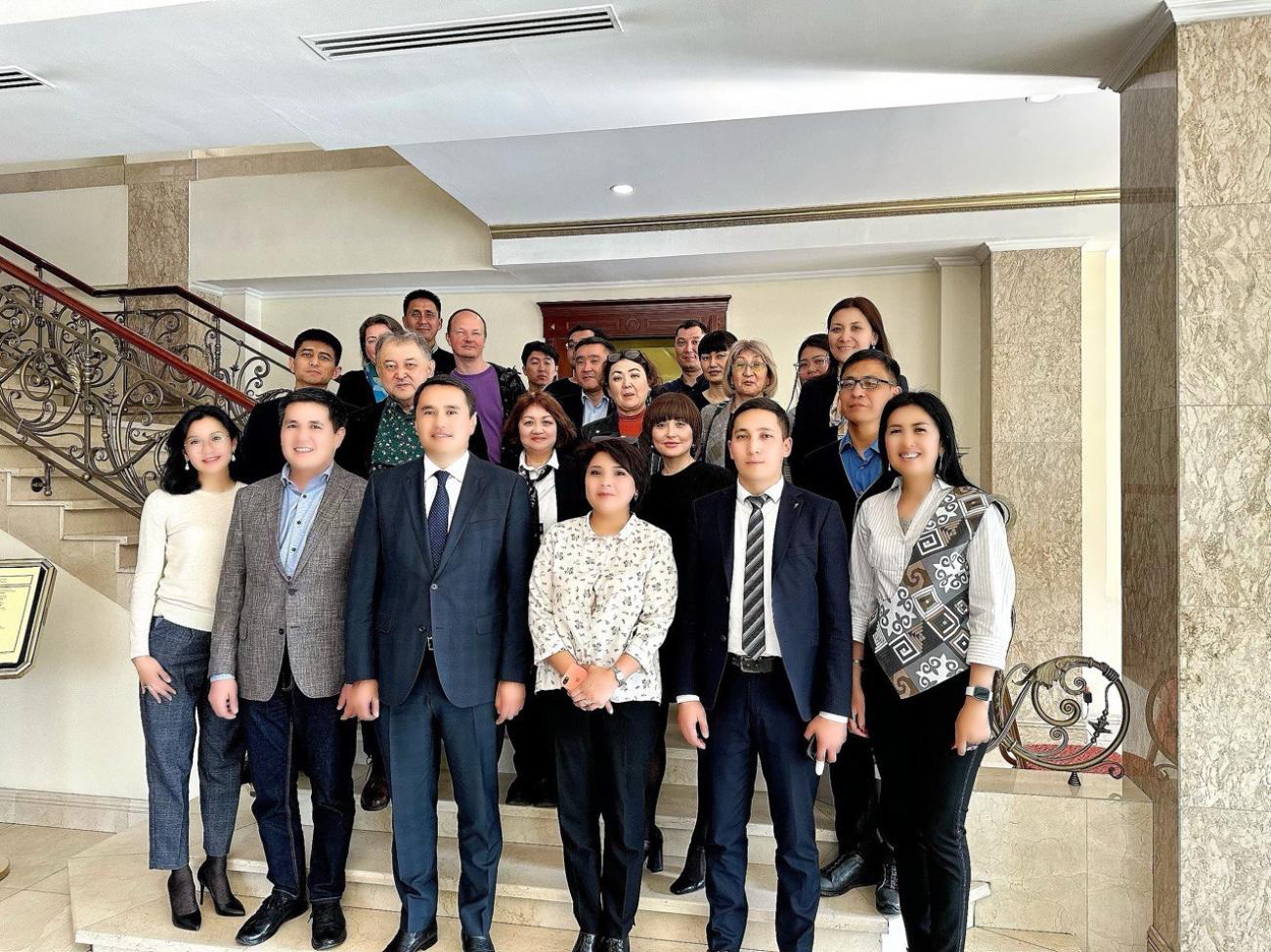The Quest for Internet Universality in Kyrgyzstan

Nurzhan Musaeva was a researcher and media lawyer who worked for the Media Development Center
Nurzhan Musaeva was a researcher and media lawyer who worked for the Media Development Center (MDC), a civil society organization that promoted freedom of expression and access to information in Kyrgyzstan. She was passionate about the Internet and its potential to empower people and foster democracy. She was also coordinator of the Multi-stakeholders Advisory Board (MAB), a group of experts and representatives from various sectors who collaborated with UNESCO to assess the Internet environment in Kyrgyzstan using the Internet Universality Indicators (IUIs).
The IUIs were a set of 109 basic indicators that measured the extent to which the Internet was based on the principles of Rights, Openness, Accessibility and Multistakeholder participation (ROAM). The IUIs also included 21 contextual indicators that reflected the specific challenges and opportunities of each country. The IUIs were designed to help policymakers, civil society, media, and academia to formulate policies based on international standards and best practices.
Nurzhan role was to collect and verify the data for the IUIs, as well as to write a report that summarized the findings and recommendations. She had to interview various stakeholders, conduct surveys, and focus groups, analyze documents and statistics, and draft the report. She had to work under tight deadlines and face many difficulties, such as lack of reliable data, resistance from some authorities, and technical issues.
But Nurzhan was determined to complete her mission. She believed that the IUIs would provide a comprehensive and objective picture of the Internet situation in Kyrgyzstan, and that the recommendations would help to improve the universality of the Internet in the country. She also hoped that the IUIs would raise awareness and spark dialogue among the stakeholders, and that the MAB would serve as a platform for cooperation and coordination.
She was especially interested in the issues of openness and accessibility of the Internet, as she knew that they were crucial for the development and diversity of the online content and services, as well as for the inclusion and participation of all segments of the society. She was aware that Kyrgyzstan had a high rate of Internet penetration, but that it was unevenly distributed across the regions and the population groups. She also knew that Kyrgyzstan had a vibrant online media and civil society scene, but that it faced many challenges, such as legal restrictions, cyberattacks, and self-censorship.
Nurzhan wanted to highlight the achievements and the gaps, the opportunities and the threats, the best practices, and the areas for improvement. She wanted to make a difference with her work, and to contribute to the quest for Internet universality in Kyrgyzstan.





